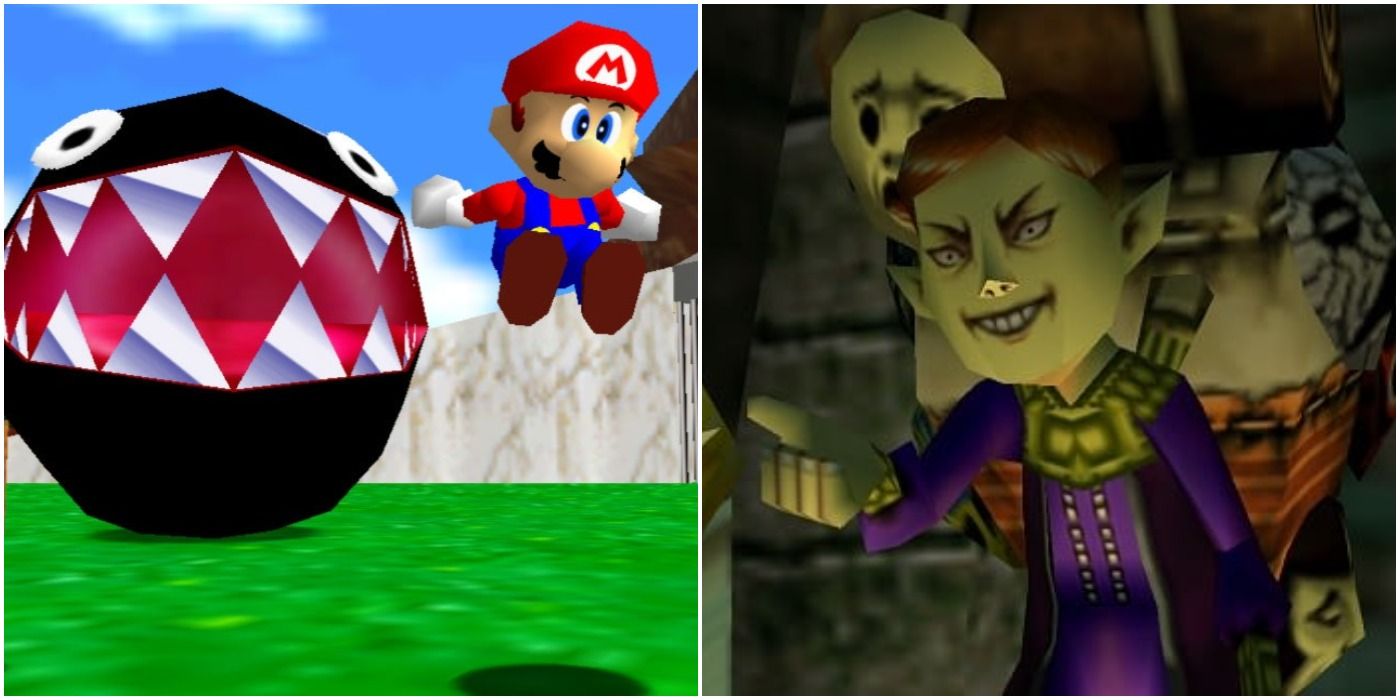
When a beloved, critically acclaimed piece of media is released, it won't be long before fans start asking, hoping, and eventually pleading for a sequel. The gaming industry is no different, exemplified by the huge number of IPs that are now ten, twenty, or even thirsty entries into their series.
RELATED: 10 Most Innovative Indie Platformers
One thing that tends to divide gamers when it comes to sequels is whether they would like the next game to be similar to an esteemed predecessor or whether they would rather the developers be ambitious and implements a ton of fresh ideas and mechanics. Although the first option is safer, it's the ambitious games that tend to be the best. So, to give acknowledgment to some of gaming's most ambitious sequels, here are 10 of the best.
10 Resident Evil 4
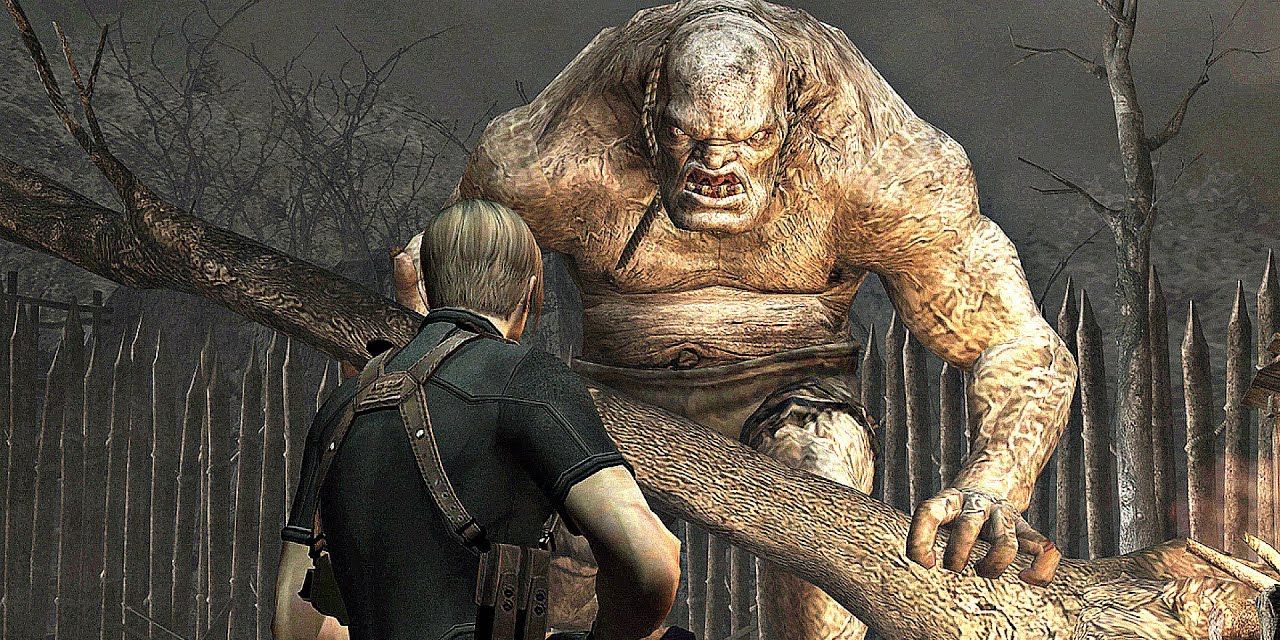
The original Resident Evil trilogy on the PlayStation 1 provided three of the best survival horror games ever released up until that point and pioneered the genre's rise in prominence. Consequently, when the next main series game was announced on the GameCube, Resident Evil: Zero, fans couldn't wait to see how the groundbreaking series would innovate on the next generation of console.
Although Resident Evil Zero was a sold entry in the series, it was seen as a disappointment due to keeping the series' fixed camera angles, which were starting to feel outdated. Capcom didn't take these criticisms lying down and completely reinvented the series with Resident Evil 4, with its over-the-shoulder camera being one of the numerous new features that breathed new life into the franchise.
9 The Legend of Zelda: Majora's Mask
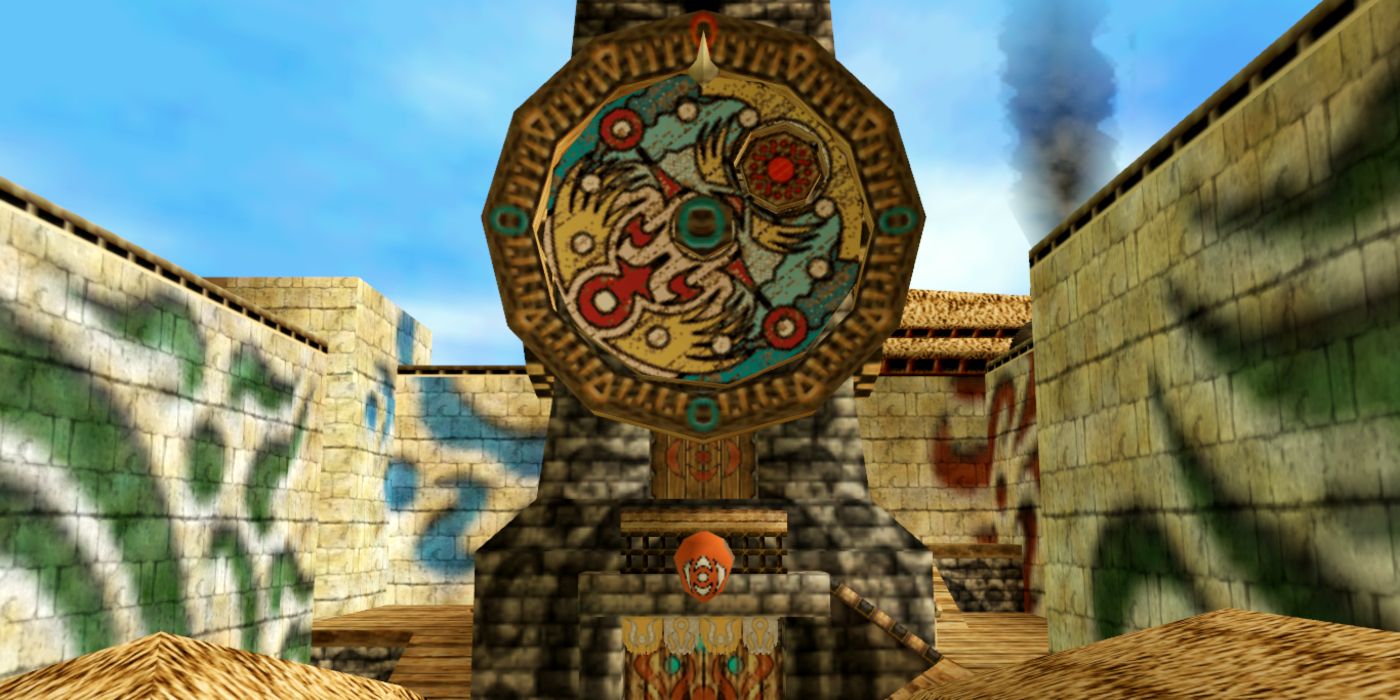
Following the enormous success of The Legend of Zelda: Ocarina of Time, it would have been easy for Nintendo to have just made Ocarina of Time 2 and offer a very similar experience. Not only would this have sold well, but many fans would likely have been happy to revisit the same gameplay mechanics and ideas.
However, innovation is in Nintendo's nature, so when it came to the sequel, they took a complete shift in direction. Majora's Mask offers a huge range of new gameplay mechanics thanks to the numerous masks, a genuinely haunting story, and an interesting time system that gives the player a constant time limit to contend with.
8 The Elder Scrolls III: Morrowind
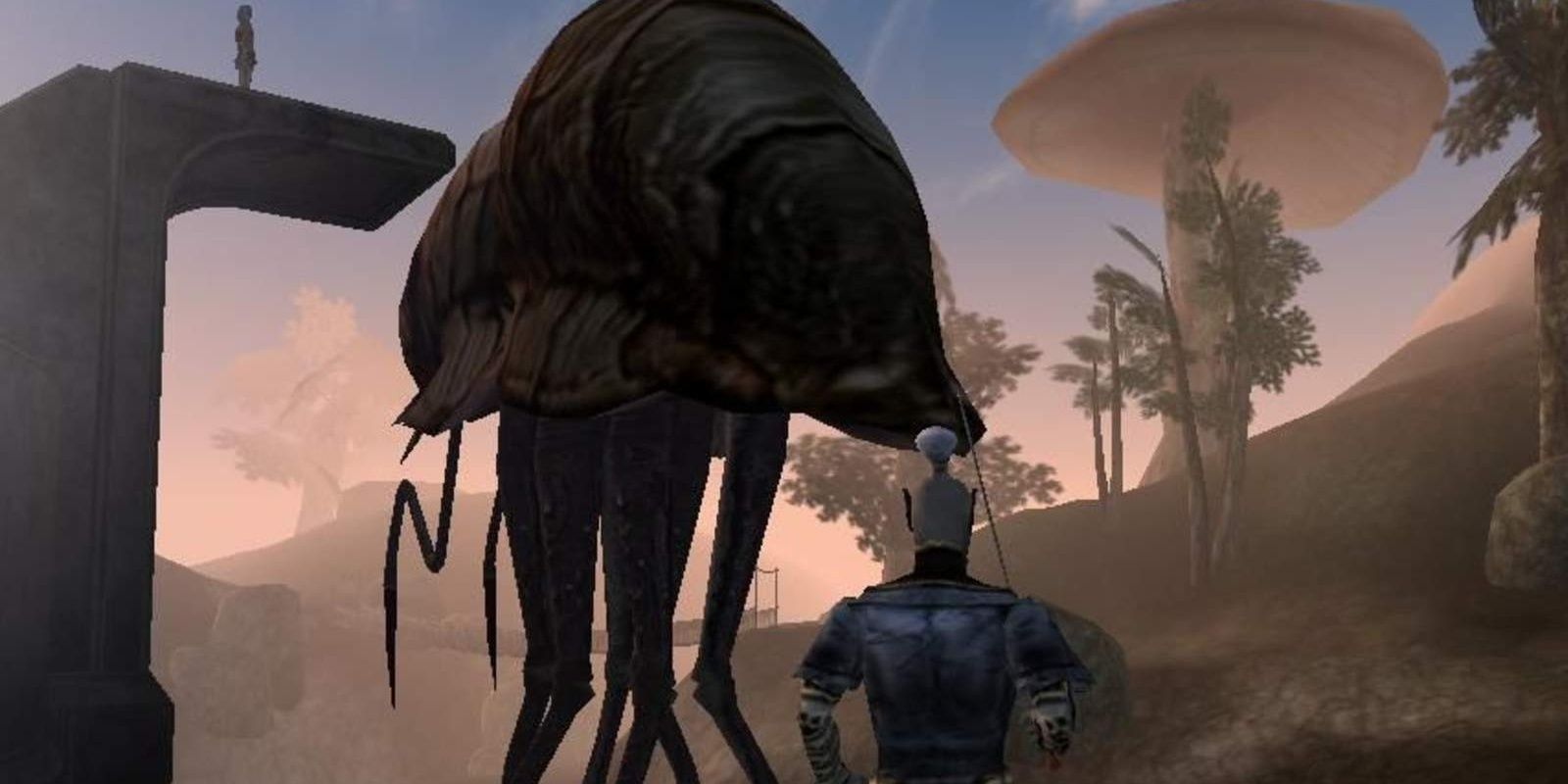
Considering how successful Bethesda is today, especially after its acquisition from Microsoft, it may surprise some people to know that the company was close to going out of business in the late 90s and early 2000s.
RELATED: The 10 Best Bethesda Games That Aren't RPG's, Ranked
After a handful of disappointing releases, Bethesda decided to put all of their focus and resources on one game, The Elder Scrolls III: Morrowind. Thankfully, the huge risk paid off, as Morrowind became one of the most successful and esteemed RPGs of its time and is still being enjoyed by players today following its inclusion on Game Pass.
7 Final Fantasy VII
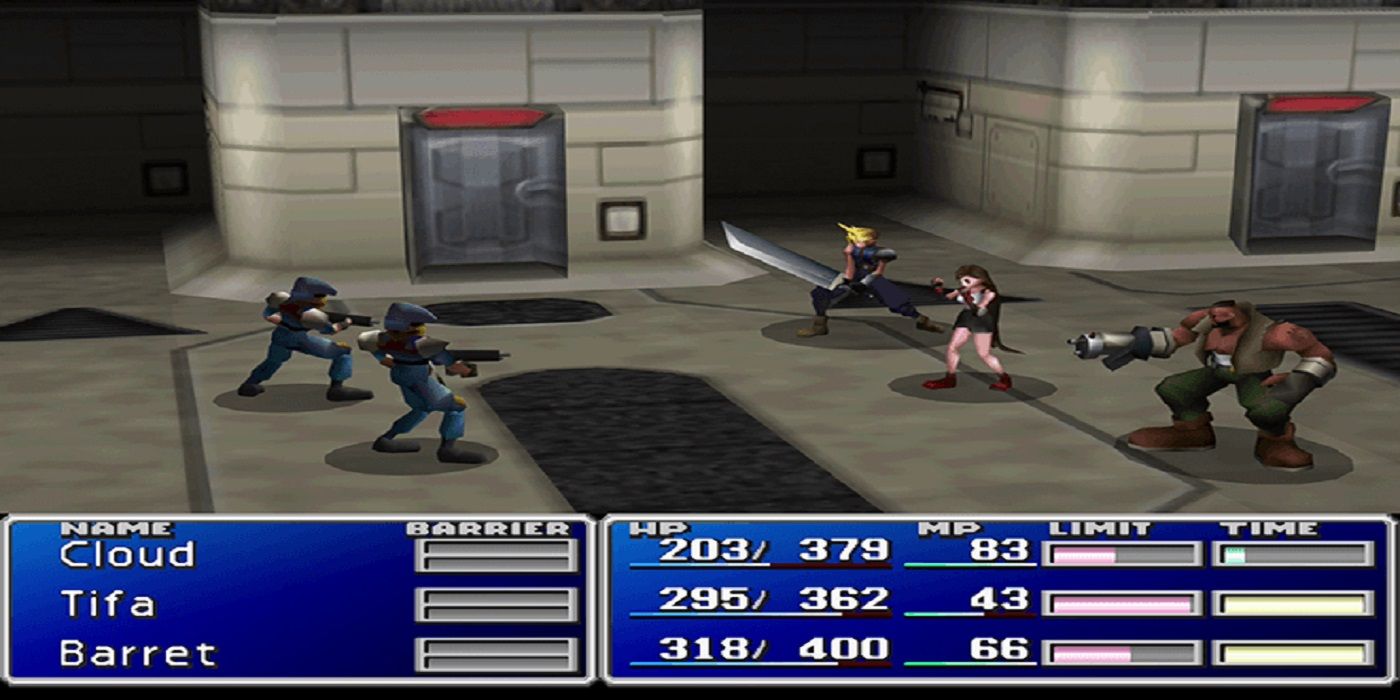
Final Fantasy VII was fundamental in both the rise in popularity of the Final Fantasy series and the rise in prominence of the RPG genre outside of Japan. The game debuted on Sony's PlayStation 1 and featured three discs, hinting to players just how big of an adventure it was going to be before they had even booted it up.
The game certainly didn't disappoint, providing one of the most cinematic adventures of its time, with a story that felt years ahead of almost anything else released on the PlayStation 1.
6 Half-Life 2
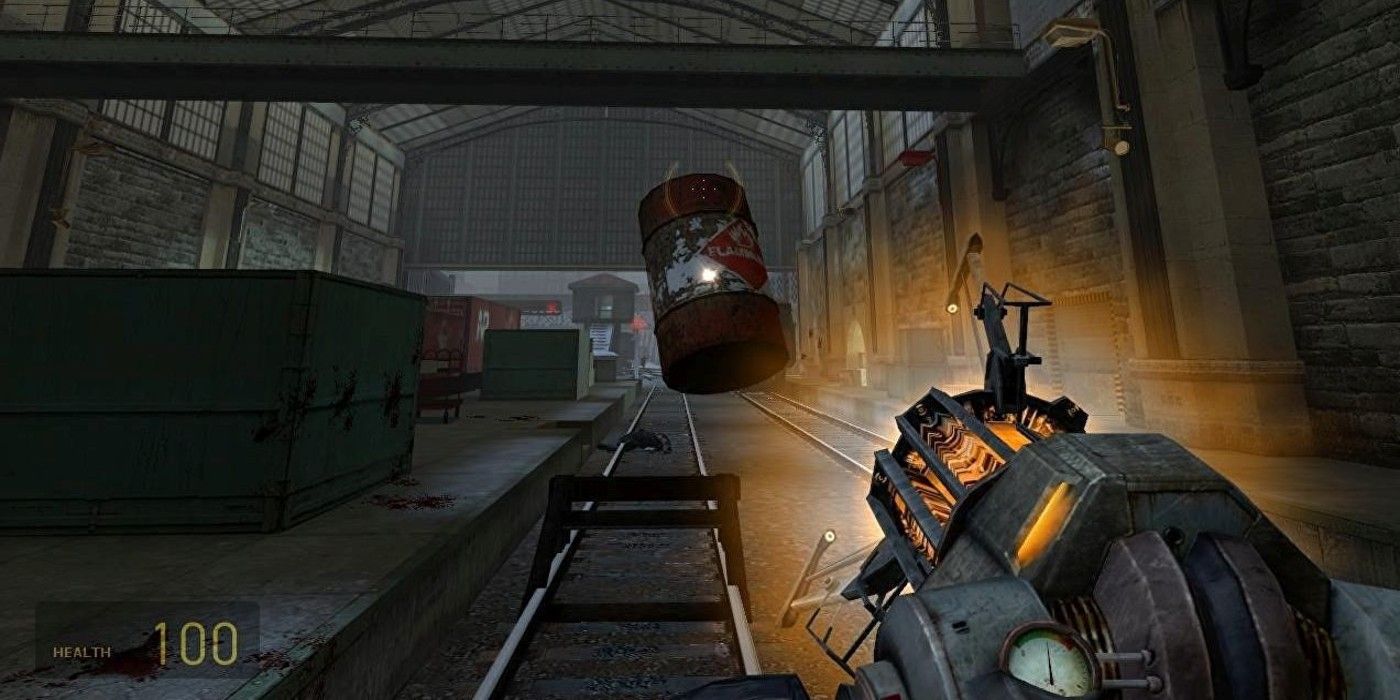
Half-Life 2 was originally released in 2004 and forever changed the perception of the first-person shooter genre. The game threw players in an immersive world that enhanced the game's narrative with meticulously designed environments to befit the dystopian setting.
Along with its groundbreaking setting and story-telling, Half-Life 2 showed that there were far more depths to the first-person genre than just shooting enemies with its intelligent puzzle-solving mechanics and the iconic gravity gun.
5 Fallout 3
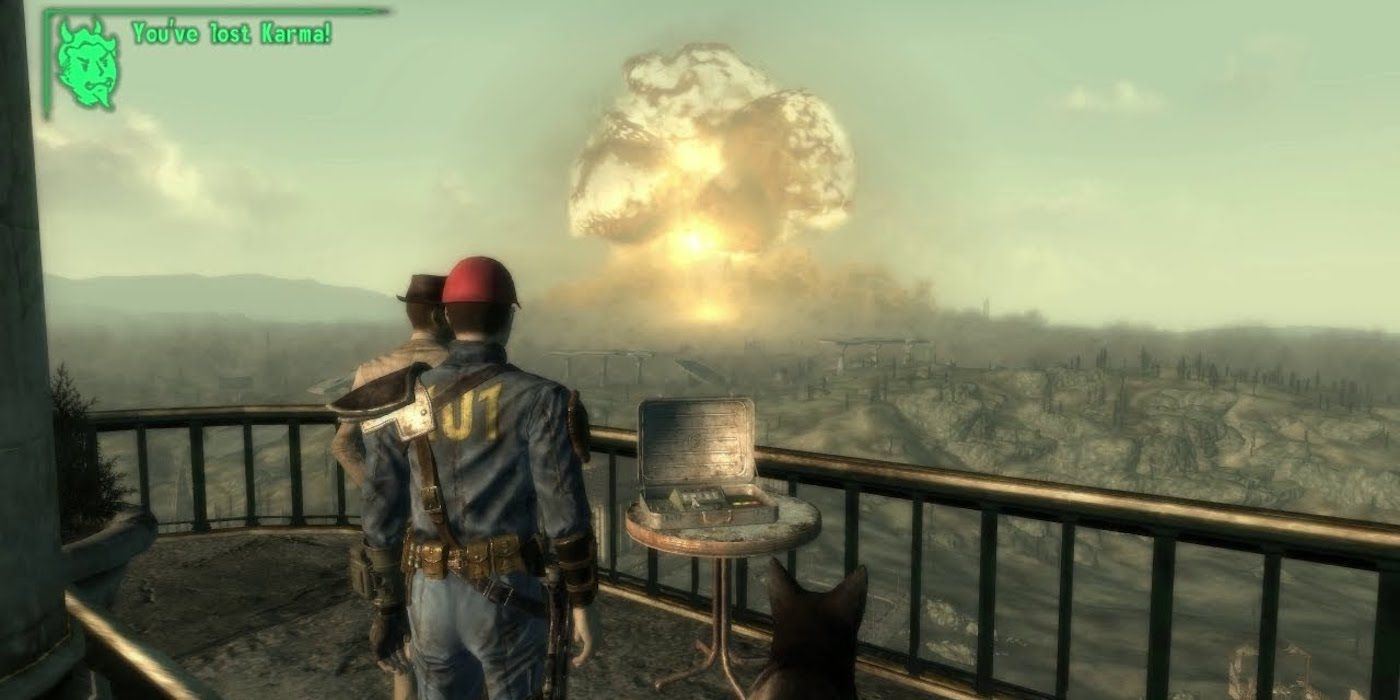
Fallout 3 was released in 2008 and set a high benchmark for open-world games that were to follow, a genre that exploded into the mainstream thanks to Bethesda's game.
The post-apocalyptic RPG kicks off with a memorable tutorial section taking place in Vault 101 before players make a dramatic escape. The first time players step out of the Vault and look over at the post-apocalyptic landscape was an incredible moment in 2008, as the concept of suddenly being free to explore a game world was still unique at the time.
4 Metal Gear Solid V: The Phantom Pain
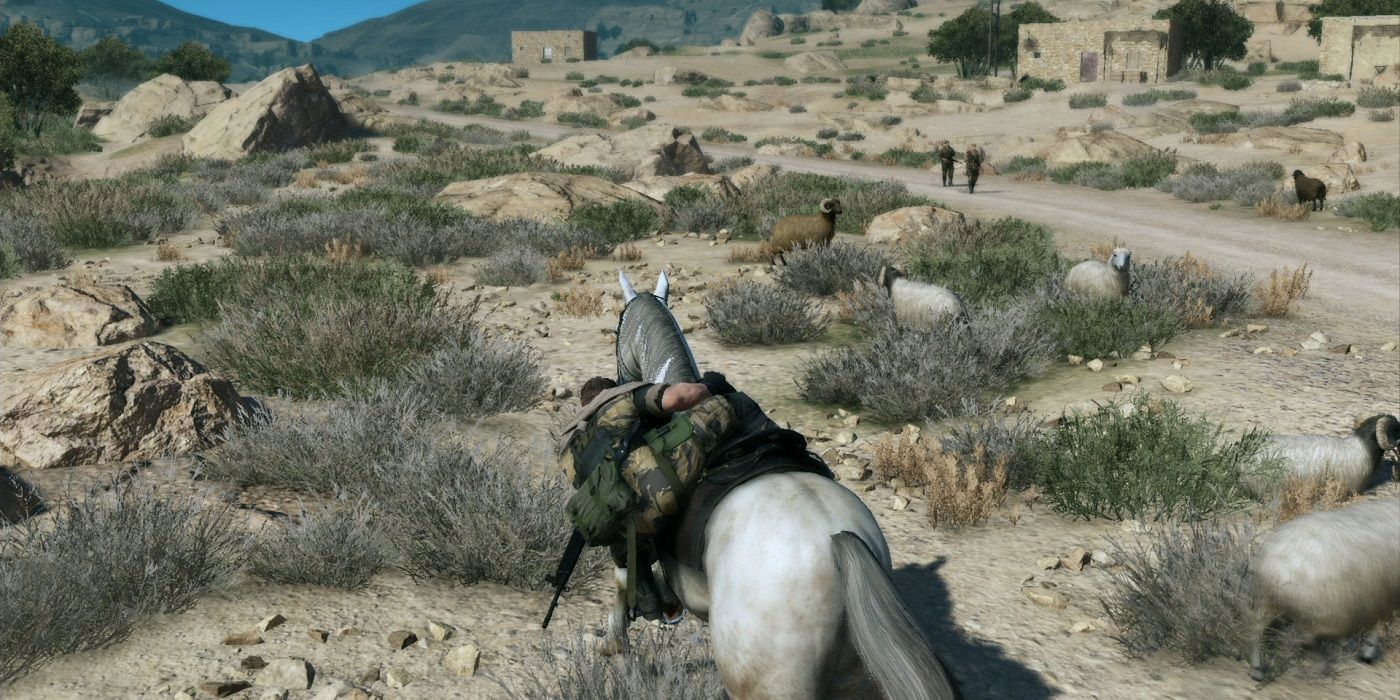
The open-world genre may have become one of the most important styles of gaming today, but it still has undeniable flaws. Along with bloated content and a lack of direction in some games, many open-world titles struggle to implement stealth in an effective way. So, when it was announced that the Metal Gear Solid franchise was delving into the open-world genre, there were many concerns as to how the series' iconic stealth would be implemented.
Thanks to the incredibly designed open world of The Phantom Pain, the stealth never felt out of place, and infiltrating bases in the 2015 game felt ahead of its time.
3 The Legend Of Zelda: Breath of the Wild
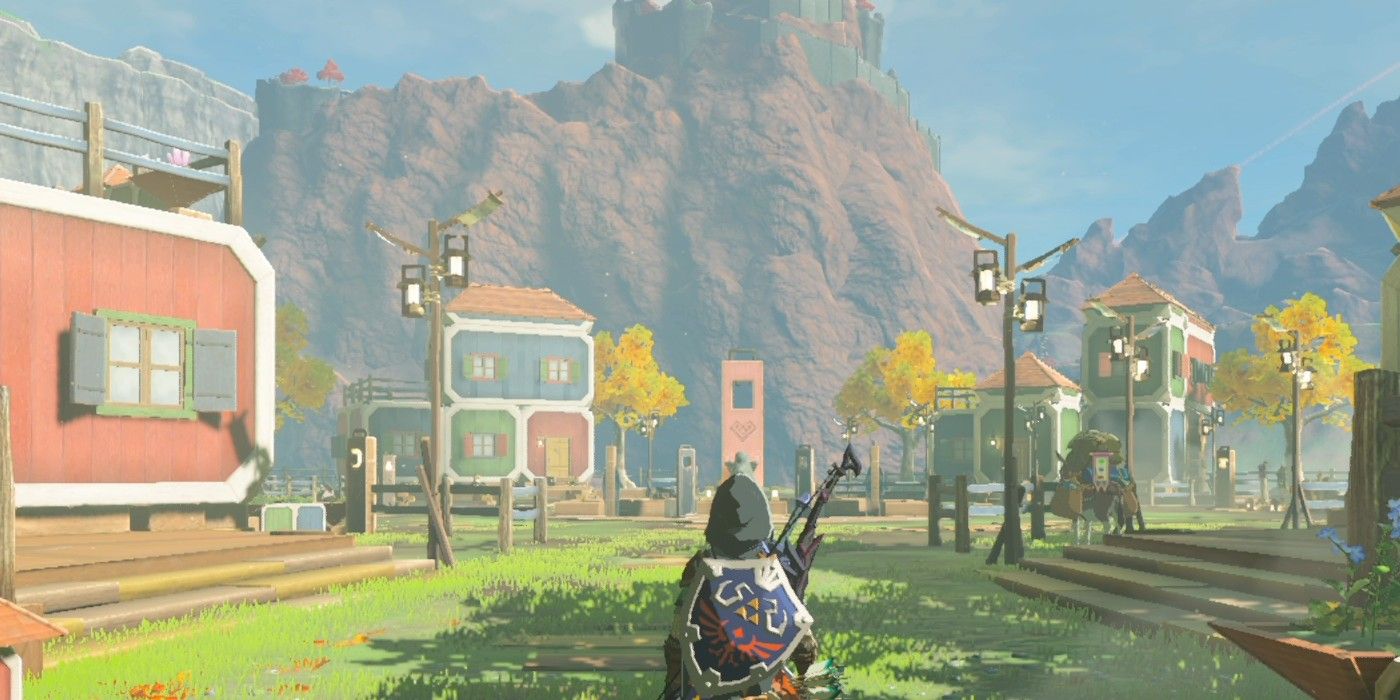
The Legend of Zelda: Skyward Sword may be the most divisive Zelda game of all time. Along with its motion controls, the moment-to-moment gameplay divided opinion in 2011, as many players felt that there was too much hand-holding.
RELATED: The Legend of Zelda: Every Game, Ranked By How Long They Take To Beat
Nintendo certainly can't be blamed for not listening to their critics, as the next main series Zelda game, Breath of the Wild, removed almost any hand-holding and offered one of the most "open," open-world games in the genre's history. Breath of the Wild's world is incredibly well-designed, and players are free to explore it in any way that they choose, a call back to the series' first game.
2 Grand Theft Auto 3
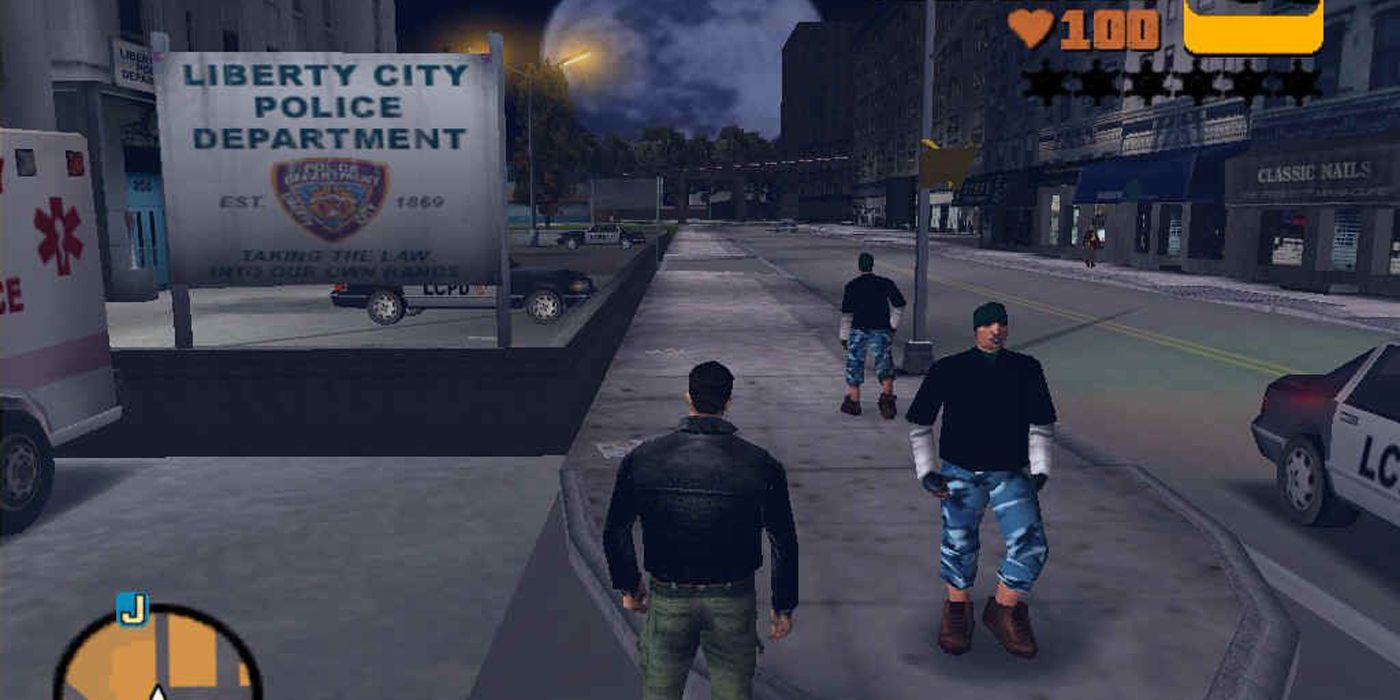
With two moderately well-received top-down action games under their belt, Rockstar Games and DMA Design (now known as Rockstar North) decided to take completely change their Grand Theft Auto series with its third entry. The game offered players a huge, fully 3D open world to explore, an incredible achievement for the time that made the game one of the most influential titles from the sixth generation of home consoles.
The game wasn't the first to implement an open world, but it was far ahead of its time and reached a new level of quality for the genre exemplified by its whopping 97 Metascore.
1 Super Mario 64
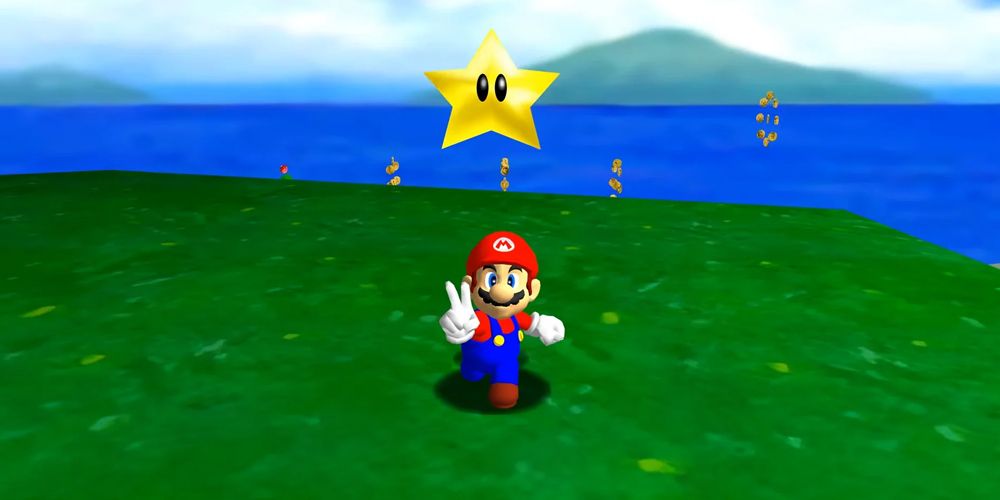
When it was announced that the first 3D Super Mario game was releasing, fans were both excited and nervous about the final product. Side-scrolling Mario games had provided some of the greatest platforming titles of all time, so there was concern that the quality would drop, particularly because the first 3D Mario game would have sold tons of copies regardless of quality.
Instead of taking baby steps into the world of 3D platforming, Nintendo managed to create what is still considered to be one of the greatest platformers of all time on their very first attempt. The game implemented a ton of ideas and mechanics that are still used today, and it's still a joy to revisit.
NEXT: Every Mario Platformer Ranked By How Long They Take To Beat

